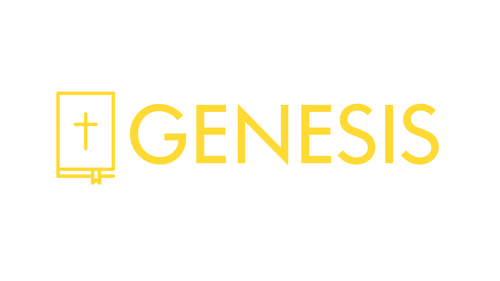Genesis 43

Genesis 43
This chapter illustrates the growth of Judah since his idea to sell his younger brother into slavery, and his dealings with Tamar. Judah pledges to his father Jacob that he will take the blame if something happens to his youngest brother, Benjamin.
Judah in this passage is an illustration of Christ, meaning he is displaying, in the Old Testament, some characteristics that correspond with the character of Jesus. Judah introduces to us the concept of substitutionary atonement.
Substitutionary atonement is what when someone takes on punishment in the place of someone else.
According to the Bible, sin demands a payment (Romans 6:23). We cannot pay that price. Our sin renders us helpless, unable to save ourselves, and in need of a Savior to intervene on our behalf (Romans 3:10-12).
God, who is rich in love and mercy, sent His only Son to save us and pay for our sins on our behalf. Through Christ’s suffering and death, he paid for the sins of a fallen humanity. Christ’s death made it possible for us to be declared righteous in the sight of God when we place our faith in Him (Romans 3:21-23). Christ’s death was more than just an attempt at putting humans on the right path, it served as a substitute payment for the past, present, and future sins of those who surrender their lives to God. This is substitutionary atonement!
Of course, we know that He didn’t stop there. Christ was also raised from the dead, proving He was indeed the Son of God, defeating sin and death!
Meditate on the Gospel today. Use this time to thank God for providing a substitute for you so that you could be in a relationship with God through Jesus.
By: Kaitlin White
This chapter illustrates the growth of Judah since his idea to sell his younger brother into slavery, and his dealings with Tamar. Judah pledges to his father Jacob that he will take the blame if something happens to his youngest brother, Benjamin.
Judah in this passage is an illustration of Christ, meaning he is displaying, in the Old Testament, some characteristics that correspond with the character of Jesus. Judah introduces to us the concept of substitutionary atonement.
Substitutionary atonement is what when someone takes on punishment in the place of someone else.
According to the Bible, sin demands a payment (Romans 6:23). We cannot pay that price. Our sin renders us helpless, unable to save ourselves, and in need of a Savior to intervene on our behalf (Romans 3:10-12).
God, who is rich in love and mercy, sent His only Son to save us and pay for our sins on our behalf. Through Christ’s suffering and death, he paid for the sins of a fallen humanity. Christ’s death made it possible for us to be declared righteous in the sight of God when we place our faith in Him (Romans 3:21-23). Christ’s death was more than just an attempt at putting humans on the right path, it served as a substitute payment for the past, present, and future sins of those who surrender their lives to God. This is substitutionary atonement!
Of course, we know that He didn’t stop there. Christ was also raised from the dead, proving He was indeed the Son of God, defeating sin and death!
Meditate on the Gospel today. Use this time to thank God for providing a substitute for you so that you could be in a relationship with God through Jesus.
By: Kaitlin White


No Comments